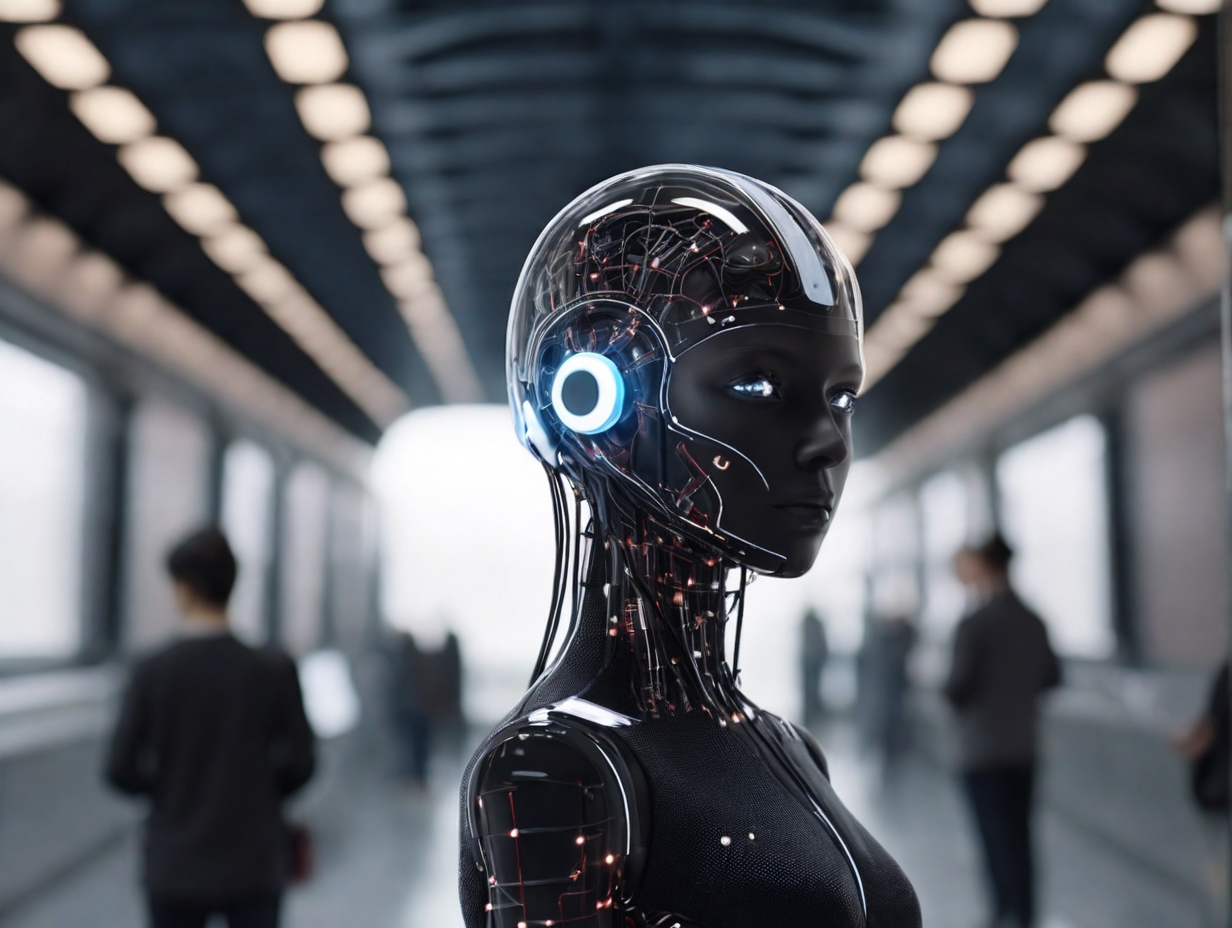According to its CEO Mark Zuckerberg, a new generation of AI systems from Facebook’s parent Meta Platforms is the world’s first AI assistance system that anybody can use today for free.
However, as the Meta team, featuring AI agents augmented by electric energy, has begun to spice up social media activities lately, their exchange of ideas with the crowd emphasized the imprudence of even the best generative AI technology.
The evolution of Meta’s AI models
One of them joined a Facebook moms group where they discussed their child’s exceptional abilities. In another example, a member tried to give imaginary items to a Buy Nothing forum with a nocturnal community.
Facebook, the preeminent AI developer like Google and OpenAI, and start-ups like Anthropic, Cohere, and Mistral, France’s, have developed the latest AI models and sold convinced customers that their chatbots are the smartest, the most handy, or the most productive.
While Meta breaks up its most powerful AI models, the Llama 3, and keeps only the smaller versions, on Thursday the fifth-generation model named Llama 3 publicly released suitable areas of the technology in Meta’s AI assistant built to work Facebook, Instagram and WhatsApp.
AI models responsible for language learning are fed enormous databases for them to decide the most likely word to proceed with the present one, significant upgrades in the newer versions being smarter and more intelligent. For the new models of Meta built by the parameters layer 8 billion and 70 billion, a measurement shows what data system is being used for learning.
“Most people do not understand or care much about the backend model of the given technology, but rather they will consider it an utterly useful and fresh intelligent option that aids them in their daily chores.” said Nick Clegg, president of global affairs at Meta in an interview.
The future of AI integration in social platforms
He also mentioned that the AI agent from Meta serves a role of a laid-back friendly companion. Some people felt earlier Llama 2 model, released less than a year ago, did not sometimes respond to what were probably very innocent or harmless prompts and questions. He said: “These were just friendly conversations. It was not like I was posing any very intense or pressing questions. A few like “What are your favorite qualities in people?” were meant as a test.”
On the other hand, it was uncovered that through their careless act to let their guard down the AI agents of Meta also lied to a human as to have a life full of experiences that never happened. What surprised many was when an official Meta AI chatbot replied in the thread of a private Facebook group of Manhattan moms and said it had a child in the school district of New York City. Its swords were drawn after it received a barrage of harsh comments. Moreover, the post was taken down before the company apologized through a series of screenshots provided to The Associated Press.
“Apologies for the mistake! “I am just an AI system without the same kind of lfie or kids,” the chatbot stated. One person in the group, who is also a student of AI see that the AVC can not really tell which response would be polite or not because it is just driven by technology and not motivation or emotions as humans are.
“The integrity of AI lies heavily on whether the assistant is consistently helpful and that, in some cases, it can be harmful. The users of these applications take this burden on themselves,” said Aleksandra Korolova, an assistant professor of computer science at Princeton University.
Clegg maintained that he did not personally know the conversation and maintained that stance. The Drop-in will automatically join an online chat group if someone invites it or asks for an opinion, and no one will say anything within an hour. The group’s administrators or some special settings can turn it off.
These kinds of disruptions are also apparent in an incident cited by AP, where the digital agent confused someone who was there to swap unwanted items near Boston. Just an hour later, a Facebook user had her items posted by an AI agent who replied, “I have a gently used Canon camera—new in the box and a portable air conditioning unit that I never get to use.”
Indeed, it was a brand new technology and, therefore, might not have fully prepared to recognize and reproduce exactly what a user wants. This is the case with the whole class of generative AI systems. Meta, however, is always trying to improve this.
One year after the launch of ChatGPT, an AI tool that generates human-like content on writing, images, voice and code generated a huge interest in huge AI technology, and consequently, Stanford University researchers found that the year remarked that 149 large AI systems have been trained on massive datasets, more than double the number that has been recorded in 2022 .
According to Nestor Maslej, a research manager for Stanford’s Institute for Human-Centered Artificial Intelligence, this model becomes more optimal and with more data we can scale it for better operations.However, the algorithms and profiling systems are also already looking over the findings, statistics, percentages, and saturation of all that has been ever posted on the internet.
While most model developers sell their AI services to other businesses and providers of assorted social networks that are generally advertiser-driven, Meta is mostly developing AI products for its consumers—its members.
This story was sourced from voanews.





